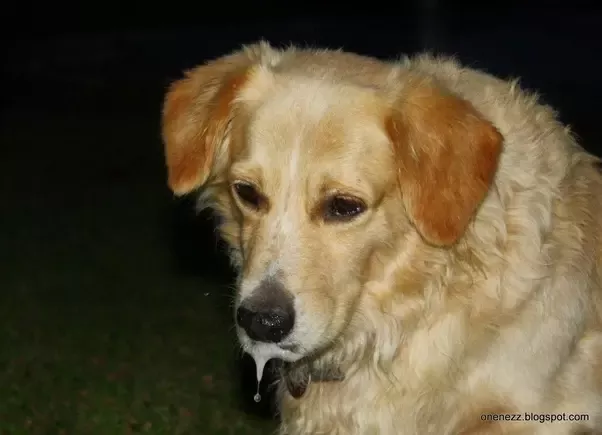
If you’ve ever noticed your beloved furry friend foaming at the mouth, it can be quite alarming. While it’s natural to be concerned about your dog’s health and well-being, it’s important to understand that there can be various reasons behind this unusual behavior. In this section, we will explore some of the potential causes that may lead to a dog foaming at the mouth.
One of the most serious concerns associated with a dog foaming at the mouth is rabies. Rabies is a viral infection that affects the central nervous system and can be transmitted through bites from infected animals. Foaming at the mouth is often considered a classic symptom of rabies in dogs.
However, it’s essential to note that there are other less severe explanations for this behavior as well. For instance, certain toxins or substances ingested by your dog could cause excessive salivation and foam around their mouth. This could occur due to accidental ingestion of toxic plants or chemicals. One of the most prevalent reasons why your beloved canine may experience foaming at the mouth is if they happen to come into contact with a toad and inadvertently pick it up in their curious mouth. This curious behavior can result in a frothy foam forming around their oral area, causing concern for pet owners. It is essential to be aware of such instances and take appropriate precautions to ensure the well-being of your furry companion.
Additionally, anxiety or fear can also trigger excessive drooling and foaming in dogs. Similar to humans experiencing stress-induced sweating or dryness in their mouths during anxious moments, dogs may exhibit similar symptoms when they are feeling distressed or fearful.
In conclusion, while foaming at the mouth in dogs can be a cause for concern and should never be ignored, it’s important not to jump to conclusions without considering other potential factors. It is always recommended to consult with a veterinarian who can assess your dog’s specific situation and provide appropriate guidance based on their expertise and knowledge of canine health issues.
If you have any questions about your pet’s health please call us at 662-234-3930 or visit our website at Oxford Veterinary Clinic.
Recent Comments